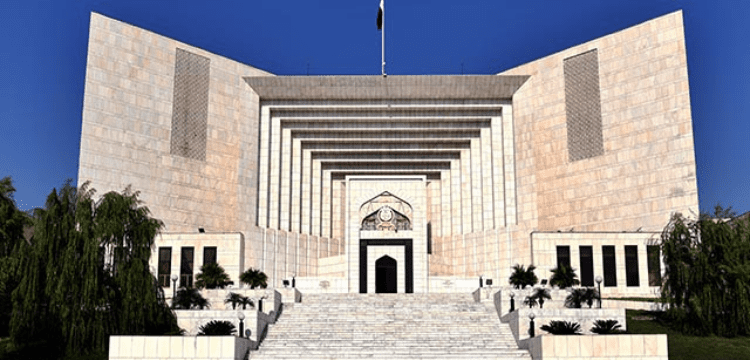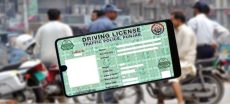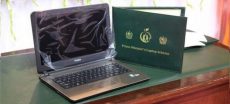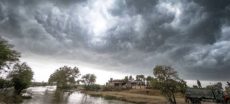[vc_row][vc_column][vc_column_text dp_text_size=”size-4″]ISLAMABAD: A lawsuit involving the delay in announcing elections for the provincial assemblies of Punjab and Khyber-Pakhtunkhwa (K-P) since their dissolution earlier this year will once again be heard by the Supreme Court of Pakistan on Monday.
In addition to party leaders Fawad Chaudhry, Shireen Mazari, and Dr. Waseem Shehzad, the PTI’s Ali Zafar and Faisal Chaudhry, the PML-Mansoor N’s Awan, the PPP’s Farhatullah Babar, the JUI-Kamran F’s Murtaza, and the AML’s Sheikh Rashid Ahmed are also present in court.
Abid Zuberi, President of the Supreme Court Bar, Haroon Rasheed, Vice Chairman of the Pakistan Bar, and Shoaib Shaheen, President of the Islamabad High Court Bar, are also in attendance.
The Supreme Court has neglected to publish the written order it issued in the suo motu case on February 23 despite three days having passed.
The prestige of the supreme court is also in jeopardy, in addition to the future of the provincial assembly.
A sense of distrust fermented around its suo motu case against the delay in the announcement of a date for polls in provinces, with now one of the members of the bench also joining the chorus expressing reservations over the move’s legality.
A nine-judge bench, comprising Chief Justice of Pakistan Umar Ata Bandial, Justice Ijazul Ahsan, Justice Syed Mansoor Ali Shah, Justice Munib Akhtar, Justice Yahya Afridi, Justice Sayyed Mazahar Ali Akbar Naqvi, Justice Jamal Khan Mandokhail, Justice Muhammad Ali Mazhar, and Justice Minallah, is hearing the case.
Major ruling political parties and superior bars are seeking the recusal of two members of the larger bench – Justice Ahsan and Justice Naqvi.
Even the ‘powerful circles’ want this to happen.
Judge Mandokhail, a member of the bigger bench, voiced his concerns about using the suo motu jurisdiction in the case during the earlier proceedings.
Judge Minallah questioned whether the case, which was covered by Article 184-3 of the Constitution, should be heard by the entire court.
For the first time, it is apparent that one judge is voicing concerns about the behaviour of other bench members while still seated at the same bench.
The disparity amongst SC judges is wider every day.
Some of the larger bench’s members continued to argue even after Thursday’s session.[/vc_column_text][/vc_column][/vc_row]











